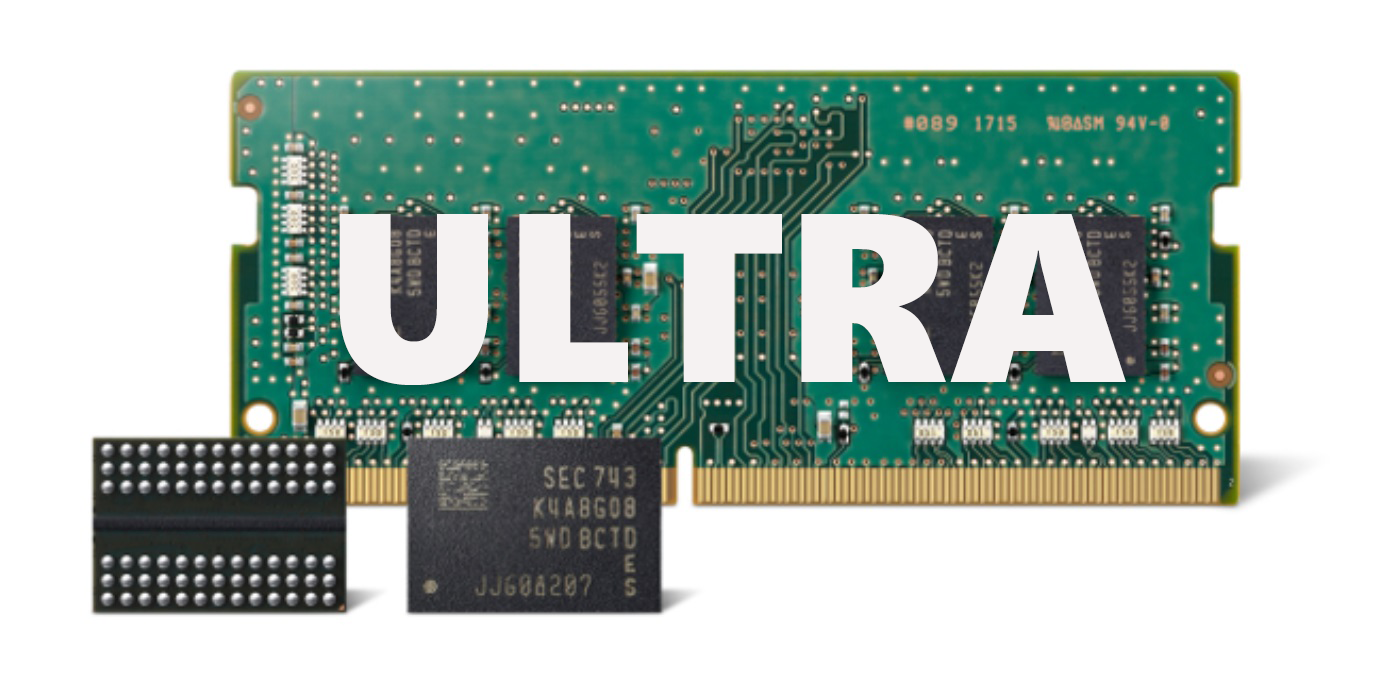
UK scientists are claiming to have developed a new memory solution that bridges the technology gap between two different, but commonly used memory types. If the new UltraRAM memory comes to market it could have the potential to dramatically change the smartphone and computing world.
Most people are familiar with RAM ( and dynamic random access memory, or DRAM) and storage (flash or hard disk) as these are two common specs advertised in a new smartphone or PC. Another way of looking at them is that they are two different types of memory designed to serve different purposes. DRAM is able to process much faster, but lacks the ability to store information long term. In contrast, while flash is better at storing data, it is much slower at processing it. Together, the two balance each other and provide the type of experience consumers are now accustomed to. However, what if there wasn’t a need for two types of memory? What if one could do the job of both?
The aptly named UltraRAM is designed to do just that. A group of scientists at Lancaster University in the UK have published a paper detailing their developments with the new “universal memory.” The paper goes into plenty of technical detail, although the main takeaway is that the UltraRAM they’ve developed and tested has shown to perform as fast as existing DRAM, making it a viable alternative. From the storage side of the equation, UltraRAM is a non-volatile form of memory and that’s incredibly important. For example, DRAM is volatile and therefore requires a constant supply of power to be able to store information. In contrast, UltraRAM (like flash storage) does not and it is able to retain information even when there’s no power. The result of all of this is one memory which performs at the speed of DRAM, but is also capable of storing data similar to flash or a hard disk.

The big question is whether a solution like this will actually ever make it into the market. Scientists always discuss their advancements and results, and while some are genuinely impressive, translating lab results to a real world product is easier said than done. In fact, right now that is going to be the biggest hurdle facing UltraRAM – there are no suggestions that it is anywhere near ready for use in consumer devices. Before that can happen, the industry will first have to figure out how to include it in devices.
However, if UltraRAM or any equivalent solution does eventually come through, it will significantly improve the performance of devices. The reason for this is that not only is UltraRAM advertised as a viable replacement, but it is also said to be incredibly more efficient – 100x more efficient to be exact. That kind of efficiency return, along with the expectation of no functional drop in speed performance, has the potential to massively change what devices can do. This is not just consumer devices either, with the benefits likely to be even more impressive within large-scale computing. Considering everything in technology is now connected to everything else, and all of that processing power is taking place in computing centers, UltraRAM has the potential to change the whole system.
Source: IEEE
from ScreenRant - Feed https://ift.tt/2SbcMN4


0 Comments